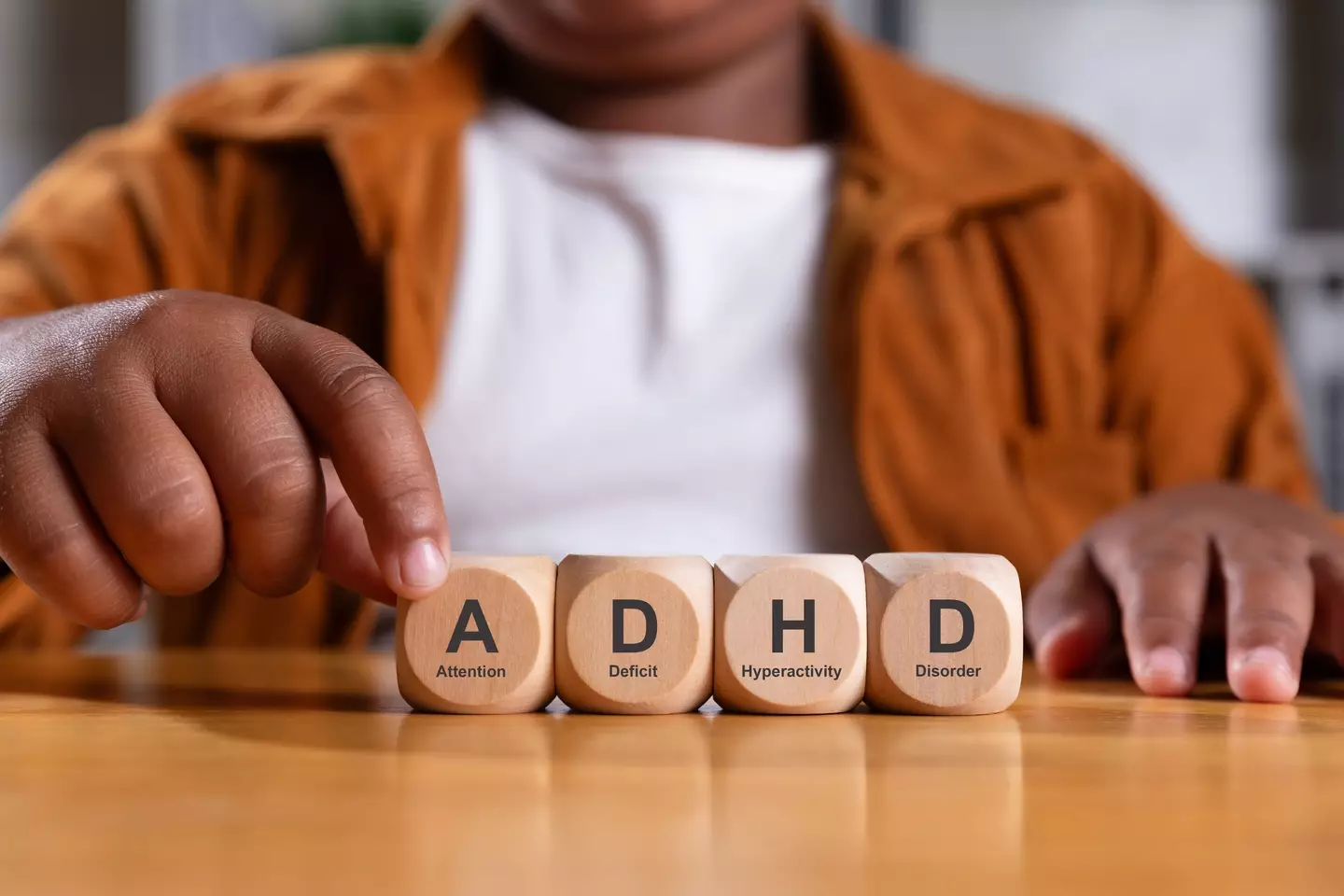
A woman diagnosed with attention deficit hyperactivity disorder (ADHD) has revealed why 'it seems like everyone has ADHD right now'.
According to the NHS, adults with ADHD often struggle with organisation, focus, time management, and stress.
While research suggests it can be hereditary, the exact cause of it remains unknown.
Eleanor Noyce, a lifestyle reporter for Metro, wrote in a recent column that when she confided in a friend about her 2021 diagnosis, they unintentionally brushed the symptoms off as something everyone experiences.
Advert
"There’s an increasing perception that having ADHD is becoming a ‘trend’ or a ‘personality quirk,’" the 27-year-old wrote.
"In 2023, a study from UCL found that the number of people being diagnosed with ADHD has increased over the last 20 years, but this doesn’t mean that ‘everyone’ has it now."

"Between 2000 and 2018, there was a twenty-fold increase in ADHD diagnoses, rising to an almost fifty-fold increase in prescriptions issued to men aged 18-29."
The writer noted that 'women are still largely going undetected', with the ADHD foundation estimating that 'that between 50 and 70 percent of the 1,000,000 women in the UK living with ADHD are undiagnosed'.

Eleanor says the term is being perceived in a similar way to OCD, which 'has been carelessly thrown about as being neat and tidy, ADHD is starting to become synonymous with making seemingly normal, harmless mistakes like misplacing a purse, or being 10 minutes late to a coffee date'.
Basically, if it's not affecting your daily life, then you probably don't have it.
Dr Andrea, from Clinical Partners, told the outlet that 'the key difference is that for someone with ADHD, these symptoms are persistent, pervasive and significantly impact their ability to function in daily life, across multiple settings such as work, school and relationships'.

With smartphones acting as a huge distraction for many, Dr Andrea says it's understandable why people think they have it.
"There’s certainly growing evidence that people feel their environment – especially constant exposure to digital devices, social media and multitasking – can reduce attention spans and increase distractibility, even in people without ADHD," the expert added.
"The human brain simply didn’t evolve to handle the level of information and stimulation we now face daily."
With ADHD, however, it's important to remember that the key difference is that it's 'a neurodevelopmental condition with symptoms that are consistent, long-standing and impairing across multiple areas of life'.
The author of a 2025 ADHD review from King’s College London also suggested that the media's 'concern' about the apparent rise in cases is due to the improvement in 'assessments and help-seeking'.
To find out more about diagnosis pathways for adults, take a look at the ADHD UK website.
Topics: ADHD, Health, Mental Health, Community